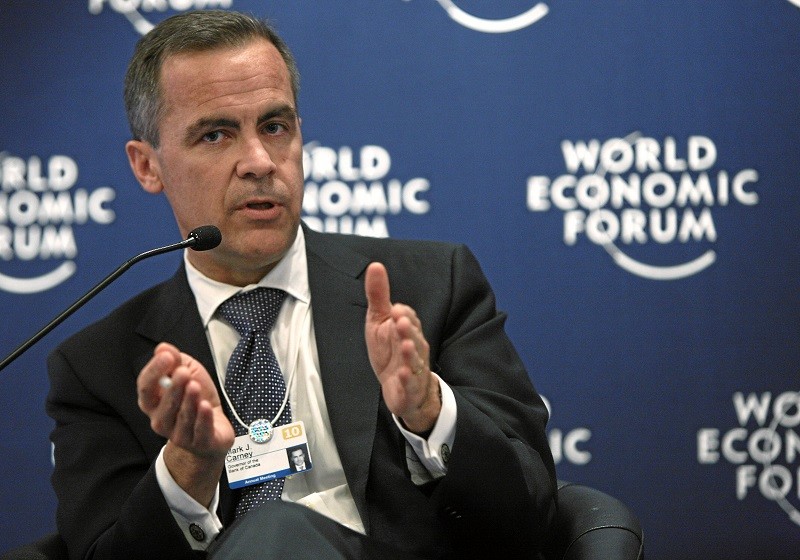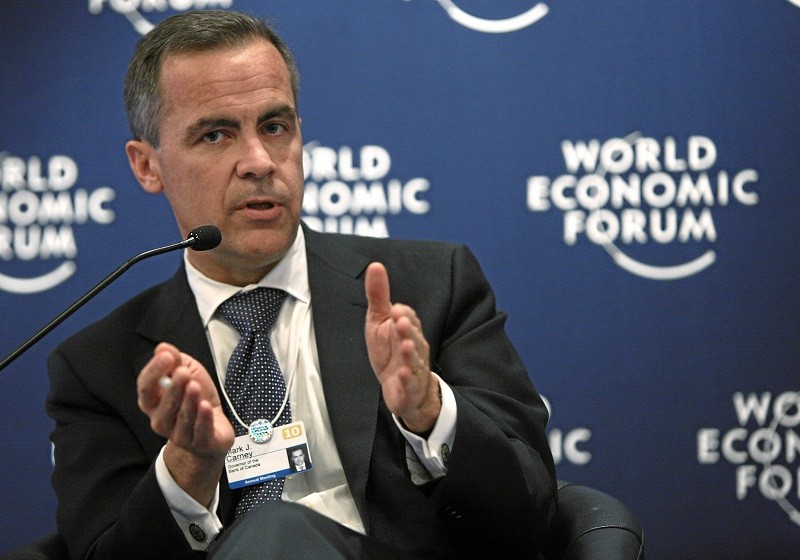If you have studied economics in the past or are considering doing so. What can you do with an economics degree? You may be puzzling. You’ll be happy to learn from this article that you have a wide variety of options available to you.

What can you do with an Economics Degree?
However, students majoring in economics are taught how to gather, arrange, and evaluate data while creating computations utilising statistics and mathematical formulas.
Additionally, they develop models to forecast the results of financial actions, political choices, business trends, demographic shifts, and a great deal more. Therefore, we provide the lists of career options for those having an economics degree below.
1. Economist
Economists just research the economy. To provide suggestions or forecasts regarding markets, they create and test hypotheses, contrast historical data, and look at the present and historical employment trends, productivity, wages, and other economic data.
Local, state, or federal governments hired many economists, but they may also work for non-governmental organisations (NGOs), think tanks, research institutes, colleges, or even tech firms.
Majors in economics will put a lot of the knowledge and abilities they have learned in their curriculum to use as economists.
2. Accountants

However, many accountancy positions are open to persons who studied economics. Professional accountants require additional professional degrees.
In accounting positions, which specialise in keeping track of a company’s, business’s, or individual’s financial state, you’ll work in a variety of industries. Accountancy careers primarily focus on gathering, organising, interpreting, and communicating financial data.
3. Statistician
Nearly any industry can be added by statisticians, who can use statistical calculations to provide answers to inquiries from both public and private entities. Projects that statisticians can work on include risk management, improving corporate efficiency, and more.
4. Market Research Analyst
Analysts of market research use their understanding of market patterns to predict how goods and services will perform in a range of economic environments.
They receive the same training in study design, data collection, and analysis as economics majors. They must be prepared to quantify results and communicate this data to clients.
Many of the skills that economics students shone, including the use of presentation software.
Also, graphical representations, as well as writing and statistical abilities, are put to use by these analysts. They must be able to solve problems effectively and think critically about goods and services.
5. Credit Analyst
Credit analysts perform microeconomic evaluations on potential customers to determine the risks associated with making a loan to those individuals or companies.
They consider the regional, industry, rival businesses and economic trends and other factors that may have an impact.
Credit analysts, who also recommend interest rates based on the risk profiles of their clients, wrote reports detailing their findings.
6. Financial Risk Analyst
Financial risk analysts oversee the organisation’s approach to risk management. They assess and forecast circumstances that might have a bad influence on the organisation’s financial stability.
Credit risk, regulatory risk, operational risk, and market risk are the four main risk areas that a financial risk analyst can manage business choices.
7. Personal Finance Advisor

Personal financial advisors collaborate with clients to help them reach specific short- and long-term financial objectives.
Therefore, they evaluate people’s financial situations and assist them in deciding about their own investments in stocks, bonds, savings accounts, and other financial products.
Financial consultants may work with their own clients directly or businesses like banks or investment firms may hire them.
8. Supply Chain Analyst
Supply chain analysts analyze the procedures involved in a supply chain’s operations to spot inefficiencies and pinpoint areas for improvement. They are ultimately responsible for output growth that is at an all-time low.
9. Economic Consultant
Economic consultants focus on a certain area of specialisation, such as finance, labour, agriculture, etc., and research financial and statistical data. They also finish a variety of investigations on economic occurrences and conceivable outcomes.
Economic consultants do detailed research utilising mathematical and statistical techniques and then offer suggestions, policies, or strategies to solve economic issues or understand markets.
10. Management Consultant
Management consultants examine company issues and look into potential fixes before presenting them to clients.
In order to complement the work of more senior personnel, recent college graduates frequently begin their careers in roles like research analyst, research assistant, or junior consultant. They will then advance to advisor-level posts.
The financial and quantitative modelling that consultants employ to complete their analysis benefits from a background in economics. When creating reports and delivering recommendations to clients, strong writing and public speaking abilities are also required.
READ ALSO!!!
- Human Resources Internships
- Johnson and Johnson Internship
- National Geographic Internships
- Warner Bros Internships
11. Business Reporter

Business journalists conduct research, analyze, and write on businesses, stocks, investments, market and industry developments, and therefore the economy.
Also, you will evaluate and analyze financial and economic research and data, as well as interview experts.
As someone with an economics degree, you’ll use your understanding of business and economics to understand the subjects you’re reporting about and the context surrounding them.
It can give you an advantage over journalists who don’t have this background. Your versatility will come in handy if you’ve learned a lot in a short time to conceal many lies.
12. Loan Officer
Loan officers work with applicants to get to a decision that is helpful to all parties, and hence the lending institution. They evaluate applicants’ creditworthiness and coming up with a decision for the client.
13. Portfolio Manager
The responsibility of administering the funds or fund groups to which we assigned them falls on portfolio managers. To make the easiest decisions in favour of their fund, they must analyze the economic environment, economic trends, and other data.
14. Policy Analyst
Policy analysts investigate, examine, and recommend legislation and government action to address issues that affect the broader population. Understanding economics is essential for identifying many of the issues and developing solutions that are within reach.
To communicate their study findings and persuade legislators, and hence the public of the validity of their suggestions, policy analysts believe that great writing abilities are essential.
15. Actuarial Analyst
Actuarial analysts analyze data, assess risks, and determine policy premiums using their understanding of mathematics and statistics (how many people should buy their insurance).
They employ specific software, spreadsheets, and other tools to facilitate and expedite their work. You’ll either operate independently or together with other actuarial professionals.
Actuarial specialists frequently focus on a single industry, such as finance, life insurance, healthcare, savings, etc.
16. Financial Manager
A financial manager may support the top executives of all departments within an organisation and ensure that the latter meets its financial objectives.
Financial managers need to create financial reports, conduct investment operations, and create strategies to increase a company’s revenue. They must do this while utilising excellent communication skills and analytical ability.
- Common duties of monetary managers are:
- Preparing and reviewing the company’s financial reports
- Making us meet sure legal requirements for all financial details
- Supervising employees from the financial or budgeting department
- Finding opportunities for expansion or for acquiring other companies
17. Stock Reporter
Reporters covering stock markets and economics conduct research, write, and broadcast articles about corporations, business leaders, market movements, and economic developments.
They are essentially continual students of economics as it pertains to the fashion industry.
It is also crucial to can explain economic concepts in a way that the average viewer or reader can understand.
18. Product Manager
For organisations, product managers design strategies and plans for creating, releasing, and testing new and current goods.
They frequently oversee groups of people who are working on diverse duties for a certain product.
19. Compensation and Benefits Manager
Since they evaluate choices for pay and benefits, compensation and benefits, managers need to think quantitatively, just like economic students. They analyze market trends and gauge the supply and demand for various job categories.
They may also collaborate with the human resources division of their organisation as they produce reports and communicate their results to upper management.
An economics major can be a good fit for you if you are the analytical sort who finds the world fascinating. You may get a head start in many fields, such as public policy and finance, with a degree in economics.
I hope you find this article interesting about What can you do with an Economics Degree. Please like and share this article with your friends and family if You enjoyed It.



